In 2021, Payton Kaleiwahea founded WolvesDAO, a private community for web3 builders, gamers, and investors. What began as his YouTube offshoot for deep-dive reports on crypto gaming projects has since grown into a curated network of about 300 active members. Wolves has experimented with merit-based recognition systems, pioneered early use cases for soulbound tokens, and has recently launched Kizuna, a suite of community tools designed to help other groups measure, grow, and reward participation without extracting value from their members.
Ahead, OpenSea sat down with Kaleiwahea to talk about Wolves’ origin story, how culture gets set in digital communities, and why he believes the next wave of web3 will be built not by individual creators but by strong, resilient groups.
Note: This transcript was edited for length and clarity.
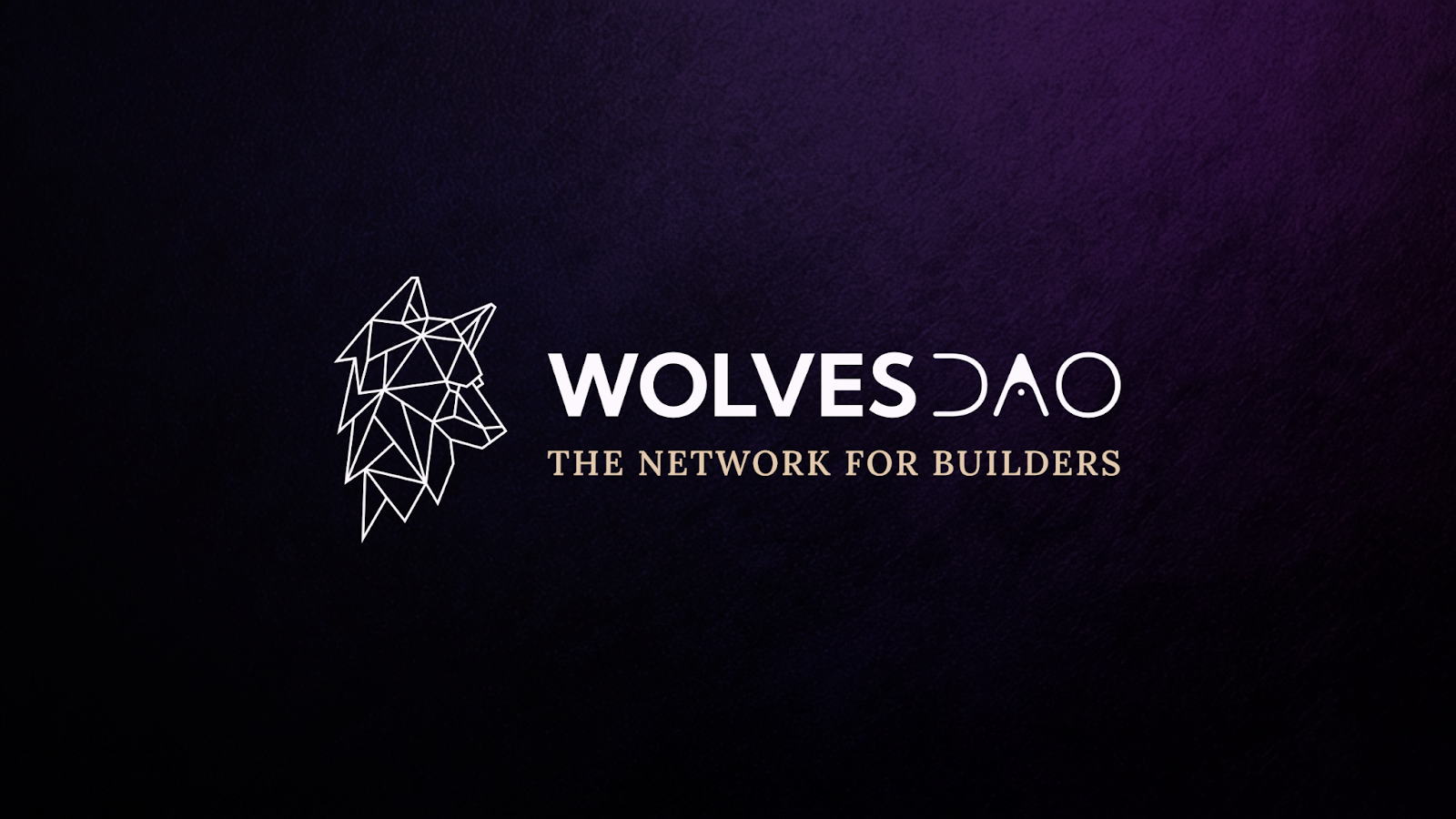
OpenSea: Let’s start with the origin story. What led you to found Wolves DAO, and why choose a gated model over something more open?
Payton Kaleiwahea: When I started Wolves DAO, it was really the classic creator’s dream: build a community where you can connect with people, get support, and grow an audience. At the time I was creating content that was less about chasing the next crypto headline and more about teaching people how to understand projects for themselves. I wanted to go deeper into NFTs, crypto, and especially gaming.
I was producing research-heavy reports. They may sound boring, but I was essentially treating white papers the way you’d treat quarterly earnings reports or S-1 filings in the stock market. I was already into investing in companies like NVIDIA and other game publishers, so this way of reading and analyzing felt familiar.
Along the way, I saw a lot of scams, which pushed me to start educating others. That’s why I launched my YouTube channel, The Game Report. Wolves DAO came next. At first, it was just a Discord channel to funnel people into my work and let them follow along. But something unexpected happened: people wanted to help me write the reports and share what they were seeing in their own research. The community turned into a place where everyone sharpened each other’s knowledge.
We realized quickly that we needed to limit access. Some people wanted in only to take information, not to contribute. So we gated it. Around that time, platforms like Collab.Land were letting people use NFTs as membership passes, but I decided against that. The industry was still young, and I wanted to avoid financial speculation shaping our culture. Instead, we used applications and later referrals. That kept the focus on the value of conversation.
My background in the Navy shaped the way I approached culture. On a ship, a few hundred people have to keep everything running, and everyone has a role. I wanted Wolves to work the same way. No bystanders. If you join, you participate. I was strict about it at first. I even banned “GM” posts, telling people to spell out “good morning” and add something meaningful. If you had a question, make it specific. Don’t just ask what a project is. Ask how it’s being run, what the model is, what challenges it faces. That high bar pushed people to post in detail—sometimes entire essays. It got so intense that new members worried about posting unless they were sure it was valuable.
Because Wolves wasn’t token-gated, we could also remove people who weren’t contributing, which isn’t always possible in NFT-based communities because of ownership. That flexibility helped us keep the culture strong without money clouding the incentives.
This was also a big lesson from that era of NFTs. Look at communities like Cool Cats or Bored Ape Yacht Club. Early members created the culture that made those projects special. But when life-changing offers came, many sold. New buyers often had money but not the same time or energy to participate, which shifted the dynamic.
For Wolves, keeping things based on contribution instead of speculation protected the heart of what we built. At the end of the day, the real lesson from that period is simple: the most valuable thing in NFTs is community.

OpenSea: So you saw first-hand how some NFT communities change when big investors get involved. What happens to a project’s identity in those moments?
Payton Kaleiwahea: It’s similar to what happened in a lot of NFT communities. Large holders came in and used the brand to amplify themselves, but the essence of the community disappeared. It created what felt like an identity crisis.
We know that communities often abide by an ‘80/20 rule’—20 percent of the community does 80 percent of the work. And it’s universal. Every group has that core who carries most of the load. Everyone knows who they are, even if no one says it out loud.
OpenSea: So how did you apply that concept to Wolves?
Payton Kaleiwahea: For us, the 80-20 rule was about setting a threshold. Even if the majority only did a little, the little they did had to be valuable. And for the 20 percent who carried the most weight, the bar needed to be even higher.
Culture sets quickly. I think of it like wet cement. It firms up fast, and you only have a short time to shape it. Early on, we made mistakes. At one point we removed nearly 2,000 people and then invited 100 new ones. Almost immediately, the new group started flooding the chat with “GM” posts. Suddenly, the culture felt like it might flip overnight. We realized how fragile it was and pulled back, bringing in new members in much smaller batches.
That taught us how careful you have to be. It can take months to instill a culture, but it only takes days for it to unravel.
OpenSea: You’ve mentioned culture several times in this conversation, and that you come from a military background, where much psychology goes into building a strong sense of shared investment and identity, even a willingness to sacrifice for something bigger than yourself. Were you always wired that way, or did the military bring it out of you?

Payton Kaleiwahea: For me, it started with Hawaiian culture. I grew up on Oahu with amazing parents. My dad was prior military, so maybe some of it was subconscious, but the real foundation was community. In Hawaii, we call people “auntie” and “uncle” even when they aren’t family, out of respect. It’s very family-oriented, very loving.
Wolves is really a mixture of those two influences. On one side, you have the rules and structure that the military taught me. On the other side, you have the warmth and sense of care that comes from Hawaii. The military showed me that rules and guardrails are sometimes necessary if you want things to grow in a healthy way. Without standards, things can get messy fast.
So our approach was straightforward. Treat people with respect. Bring value whenever you can. Don’t be a jerk. Those were the rules. We wrote down values early on, but more importantly, we showed them through action.
The tool that really set Wolves apart at the time was that we could remove people. Most other communities were gated by NFTs or tokens, which made it hard to hold members accountable. We went the manual route. That gave us flexibility to protect the culture while still keeping the focus on care and contribution.
We didn’t get it perfect. We failed plenty of times. But the goal was always the same: hold a high standard, take care of each other, and keep moving forward.
OpenSea: Public recognition seems just as important when building culture. How did Wolves DAO infuse that concept into the model?
Payton Kaleiwahea: Recognition is powerful. In psychology, it connects to the law of reciprocity—when someone is seen and appreciated, they often want to give back. Early on, we didn’t have a system beyond saying “great job.” That didn’t feel like enough.
So we created a soft currency called MEAT—on brand with Wolves. Admins could award MEAT to members who made high-value contributions. It wasn’t on-chain, just a manual way to signal, “this person went above and beyond.” The point was that it came from another human. To me, “Megan, you did a great job” carries more meaning than an automated notification. Recognition has nuance to it. It’s about how someone made the group feel.
Once a member earned three MEAT, they unlocked the chance to mint a Wolves profile picture as a soulbound token, or SBT. For readers less familiar, a soulbound token is an NFT that cannot be transferred or sold. It stays tied to the wallet that minted it, which makes it useful for things like identity or reputation. In our case, it symbolized merit. You had to earn it; you couldn’t buy your way in.
We worked with Carv, one of our early members, who built the minting system on Polygon for free. Members submitted their Discord ID, proved they had three MEAT, and could then mint one of 400 Wolves designs. About 170 have been minted so far.
That’s how the recognition loop worked: contribute, earn MEAT, and eventually mint your wolf. It echoed military traditions like earning patches. You don’t start with them. You earn them over time, and they carry a story.
OpenSea: Exactly. Just like ribbons, medals, that whole system of recognition. How does that translate to gaming culture, though? Are gamers just as gold-star-oriented?
Payton Kaleiwahea: From a gaming standpoint, there are usually two approaches. In Eastern markets, “pay-to-win” mechanics are widely accepted. But in Western and European gaming, the psychology is different. Players value the grind. They want to feel they’ve earned something because they worked hard for it.
OpenSea: Hah, are you saying Western players prefer the suffering? We want to feel the work in our bones?
Payton: Exactly. It’s about being in the fight, feeling the grit—not just about efficiency. Personally, if I’ve put in the effort, I want that effort recognized. That’s how growth happens, and that’s why recognition mattered so much in Wolves.
The NFT marketplace is incredible. Being able to trade digital collectibles changed my life. But everything there is transferable. You can buy your way in. That’s not the same as earning.
That’s where SBTs come in. For readers less familiar, an SBT is an NFT that cannot be transferred or sold. It stays tied to the wallet that minted it. Think of it like a LinkedIn recommendation. When I left the Navy, those recommendations mattered. They were given by real people and no one could take them away. That permanence gave them weight.
We wanted to reproduce that in Wolves. Earn enough recognition, and you could mint a Wolves SBT. It showed the community had seen your work and agreed it mattered. We did it just for ourselves, but then people outside noticed. They saw Wolves SBTs as a kind of credential. Suddenly, projects started airdropping tokens to Wolves holders.
For me, an SBT is like a modern-day cookie like the kind that stores data in your web browser—but for wallets. In marketing, cookies let you track engagement and personalize experiences. With SBTs, you get a record of why someone earned something. That metadata can be even more powerful.
We stumbled into this by accident, but it worked. People now ask for the Wolves contract and metadata because they want to build with it or whitelist holders. And I think part of why it resonates is because these tokens tie back to real contributions by real people. In a moment when AI is everywhere, that kind of human proof feels even more valuable.
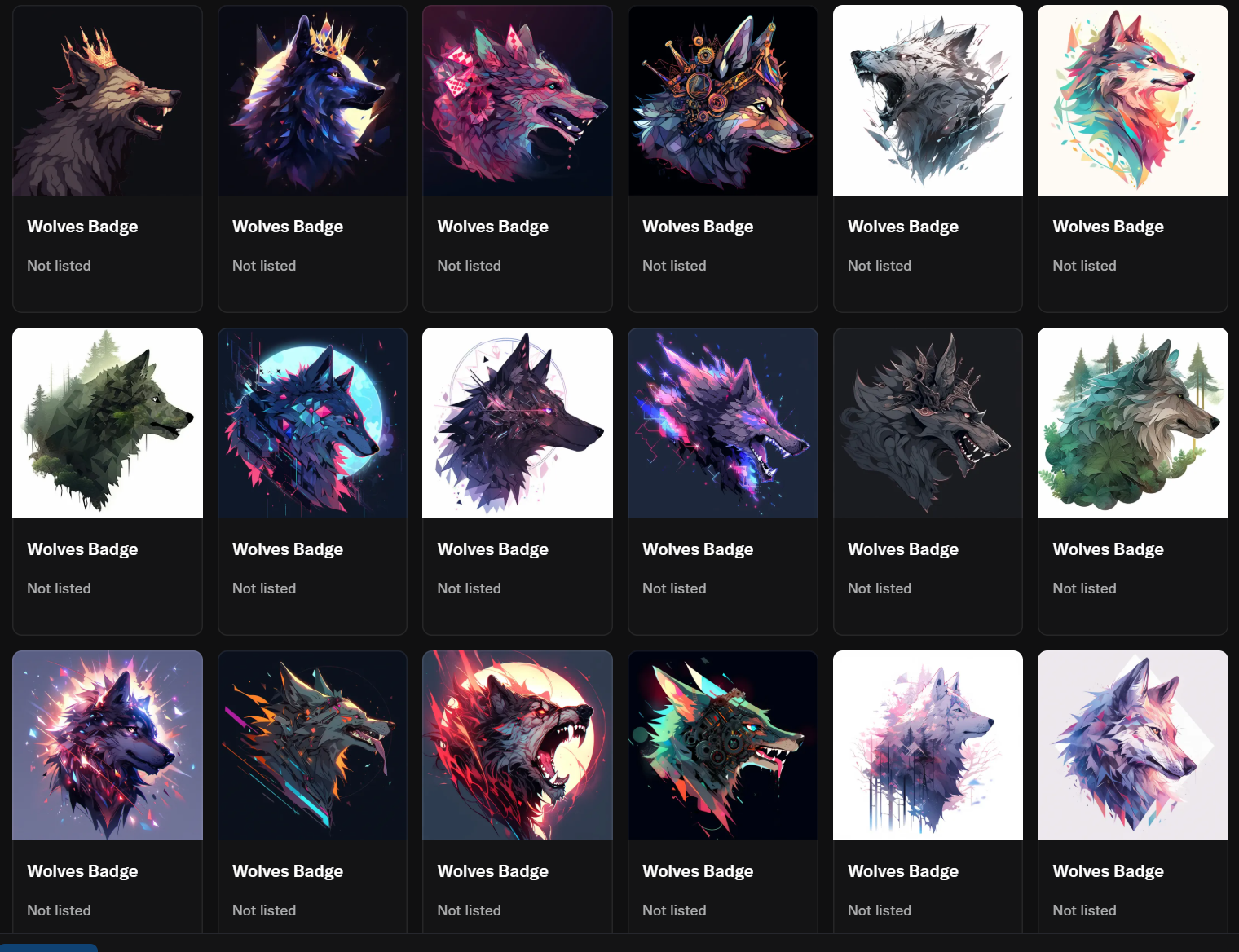
OpenSea: At first it seemed like luxury brands were experimenting the most with SBTs, baking exclusivity and status into the model of a permanent token. But what you’re describing feels different. It’s less about signaling clout and more about proving contribution. A meritocracy instead of a status club. Would you say Wolves was among the first to approach SBTs this way?
Payton Kaleiwahea: I think so. I’m sure others were trying in parallel, but it wasn’t mainstream. Recognition through culture isn’t always popular in crypto—it doesn’t translate into immediate financial gain. But to me, earning in community is just as real.
That’s why we built a ceremony around it. At Wolves Den events, members mint their on-chain wolf and explain why that token represents them. We celebrate their contributions as a crew. For a small community—about 300 people—that ritual meant everything. One member even tattooed his SBT on his leg. It stuck.
OpenSea: When did you roll this out?
Payton: About two years ago, so 2023. Wolves just turned four last week.
OpenSea: Congratulations. So, why was that the right moment to test SBTs then?
Payton: We were deep in the bear market. Wolves never issued a buy-in NFT, so we weren’t reminding people of the gains they missed or should have sold. That made us a safe harbor for people still passionate about web3 but sick of the negativity.
From the outside, Wolves looked gated and impenetrable. But once inside, the culture was welcoming, forgiving, and relentlessly positive. Builders, future C-suite execs, founders—people stayed because we let them fail, learn, and try again. Crypto Twitter dunks on mistakes. Wolves let you put on training wheels and sharpen your craft without shame.
OpenSea: While still holding yourself to a high standard.
Payton: Exactly.
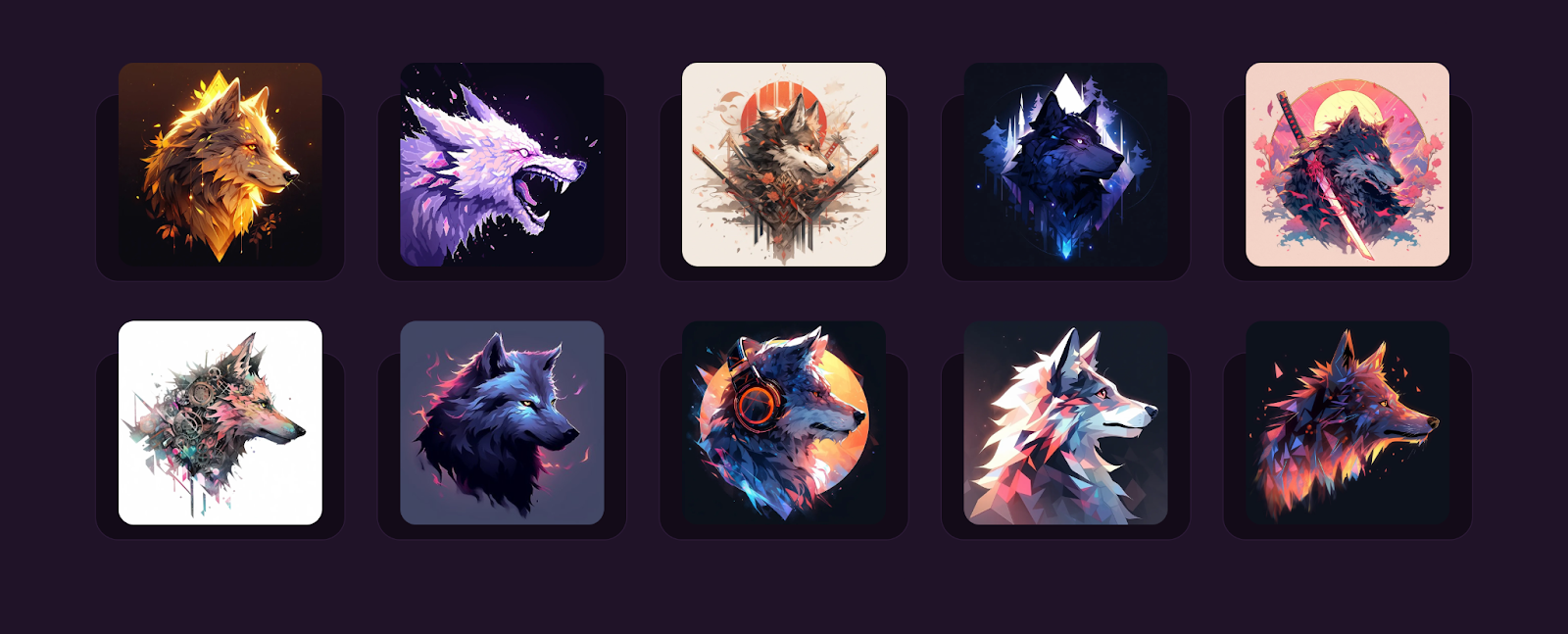
OpenSea: So, you’ve laid out how Wolves built its culture from scratch. For readers, the natural next question is how those lessons helped you create infrastructure other communities can actually use. That brings us to Kizuna, your new product. What is it, and how does it work?
Payton: Kizuna is our suite of community tools. We had to build everything bespoke—currencies, analytics, user acquisition bots—because nothing existed. So now we’re formalizing it. Version 1.0, launching in about a month, focuses on analytics. Communities want both quantitative insights (growth metrics, engagement rates) and qualitative context (sentiment, nuance). AI helps us parse the qualitative at scale.
From there, we’ll move into rewards. Think soft currencies and recognition systems similar to Wolves. Eventually, we want to replicate the distribution power of platforms like Alphabot but designed for communities, not just creators. Communities create enormous value but rarely get paid for it. We want to change that—reward community leaders and members without charging them.

OpenSea: In so many online communities right now, members are treated like the product—their contributions improve the experience of the club they belong to, but they aren’t always compensated. What you’re suggesting flips that. However, I question: do creators and community builders outside of web3 recognize this problem yet, or do you have to sell them on it?
Payton: We’re still selling it. Most people default to creator-centric models. But Wolves proved that when you don’t charge members, they still contribute immense value. I want both leaders and members to earn. Communities are the raw material of any brand. NFTs gave members upside in that process, but we can push further.
OpenSea: Which is why SBTs fascinate me. Do you see them as the closest thing we have to decentralized identity? A future where wallets carry soulbound proofs the way résumés carry recommendations?
Payton: That’s exactly how I see it. Like LinkedIn recs, but portable, permanent, and optionally private through zero-knowledge proofs. Wallets could show your contributions, not just your transactions. The missing piece is infrastructure: a platform to mint and manage SBTs, a messaging layer to connect holders, and a distribution rail to make them useful. OpenSea—or someone like them—could easily become that layer. Wolves stumbled into it, but the potential is enormous.
OpenSea: That’s a wonderful note to end on. Any final announcements for readers?
Payton: Wolves 2.0 launched mid-September. For the first time, newcomers can now start as “cubs” and progress through merit, not referral. We’re pairing that with weekly upskilling classes—journalism, design, leadership. It’s our way of scaling without losing culture. And now, we're launching the first Kizuna release. Big changes are coming.
OpenSea: That is exciting. Payton. Thank you so much for your time.
Payton: Thank you. Bye. Bye! Have a good day.
.png)



.avif)
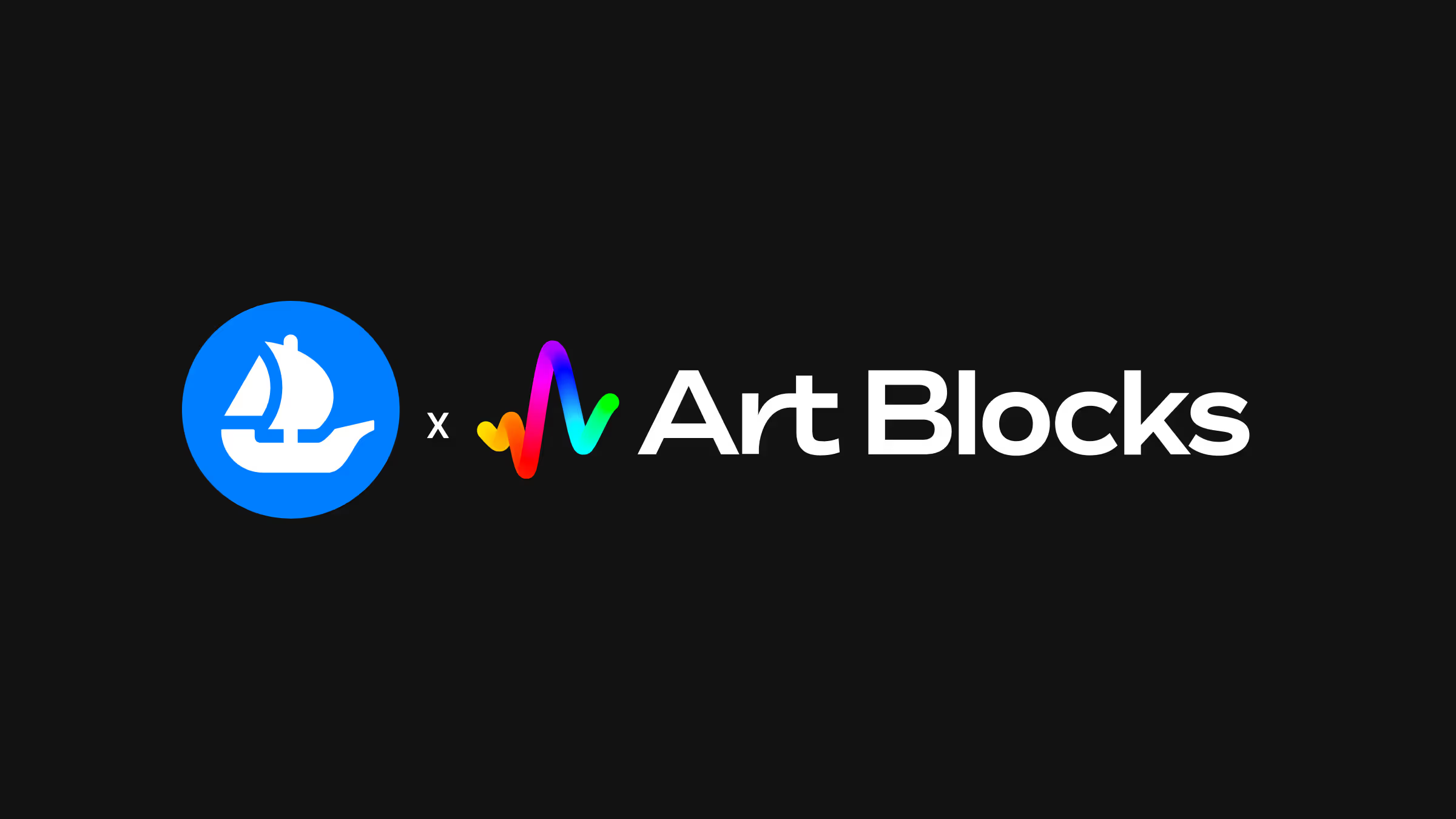
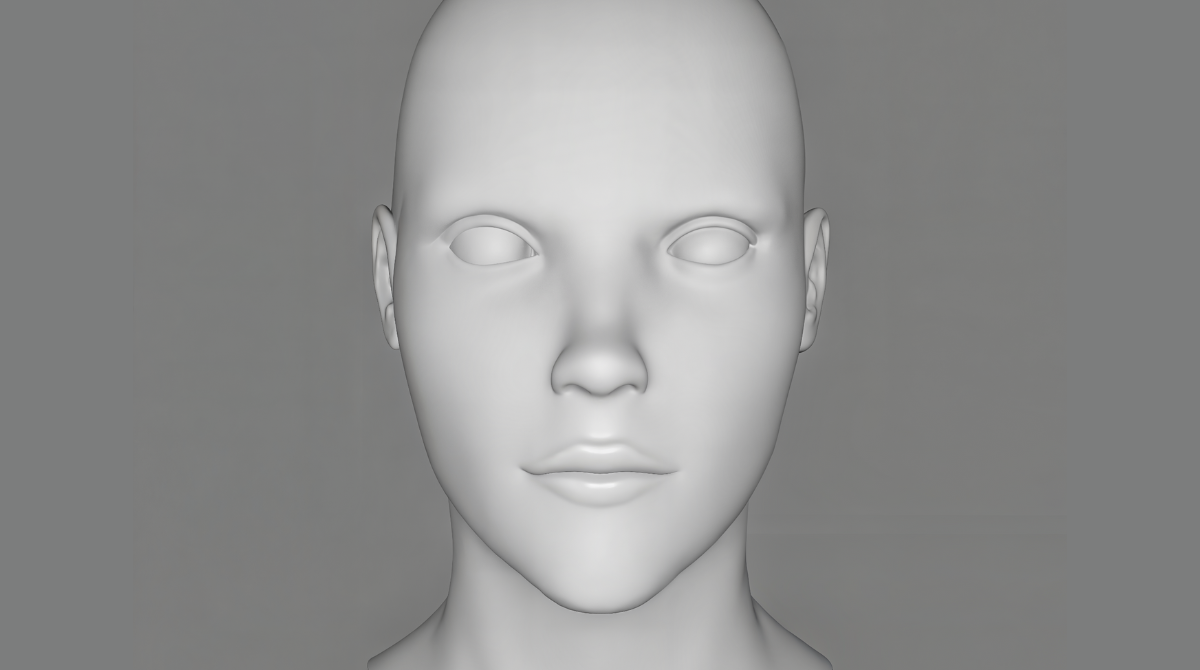


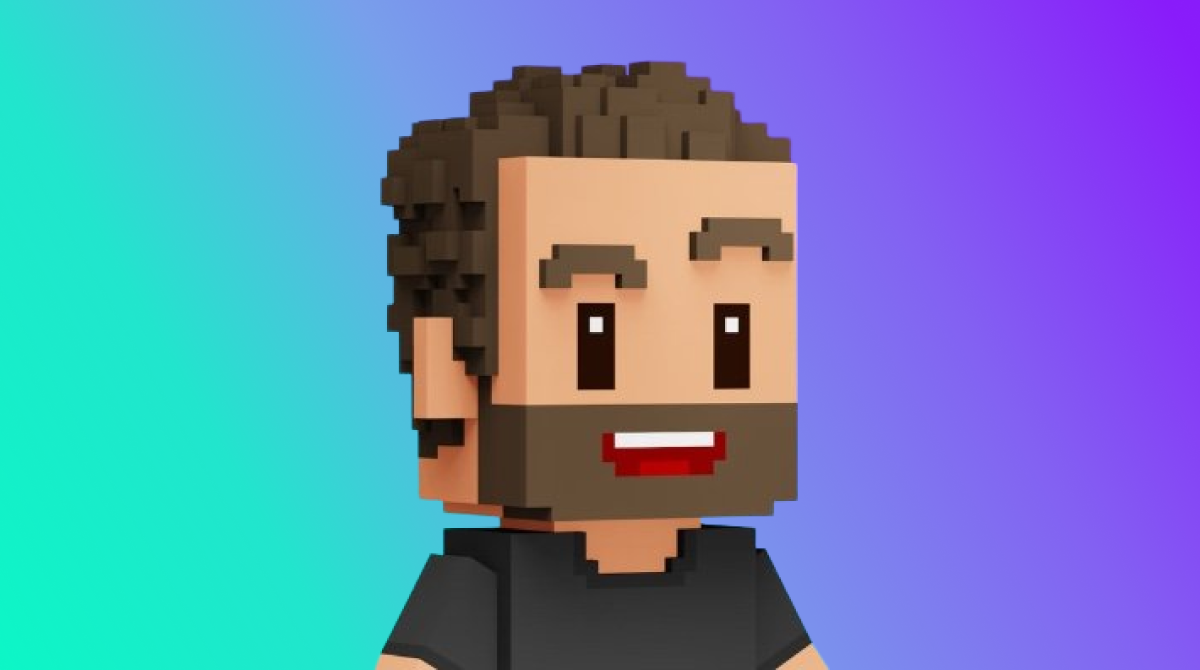
.png)
.png)
.png)
.png)